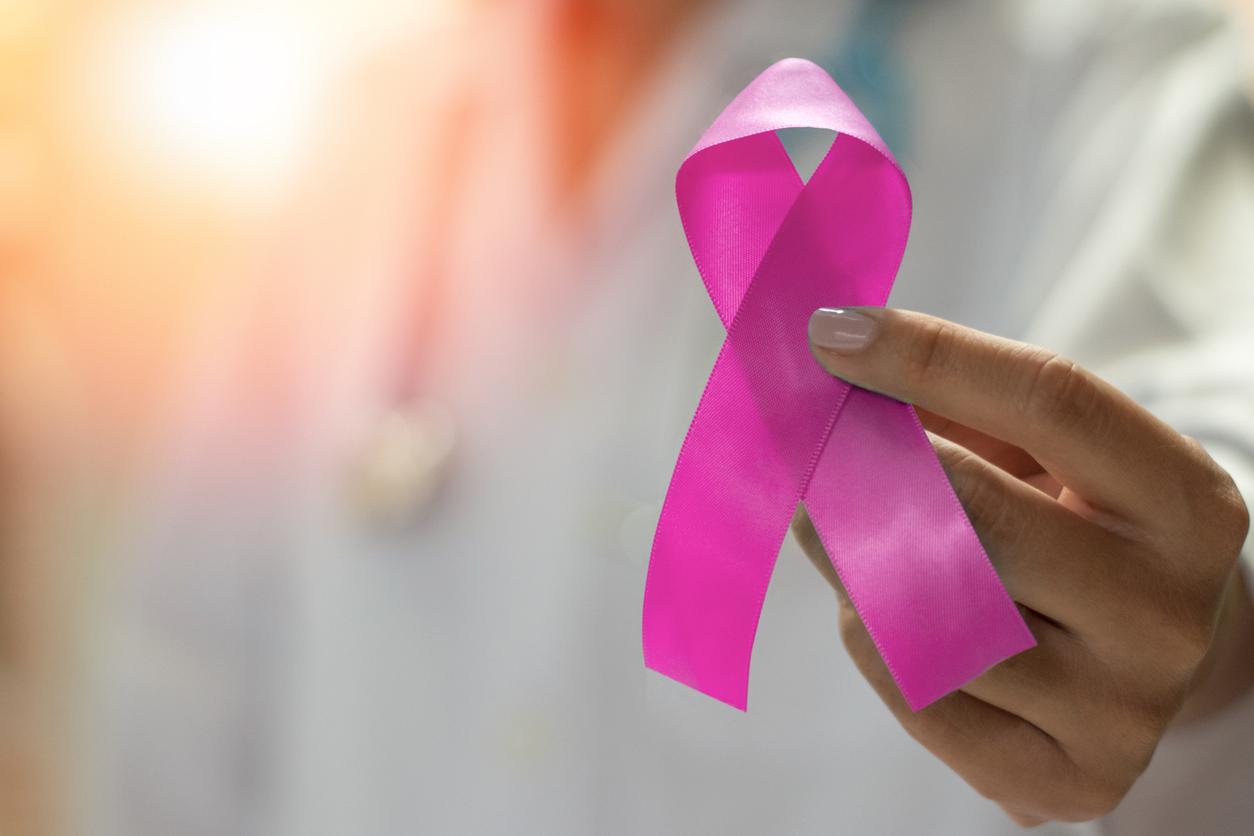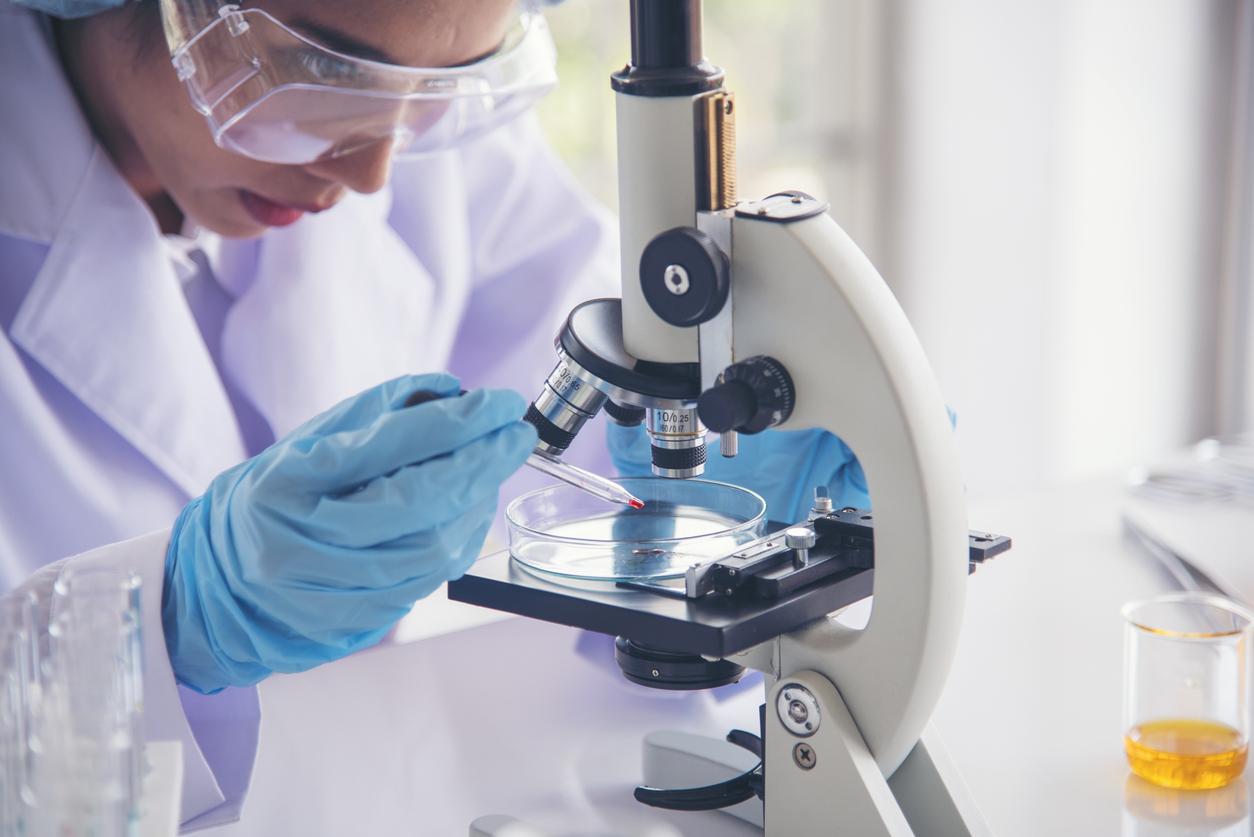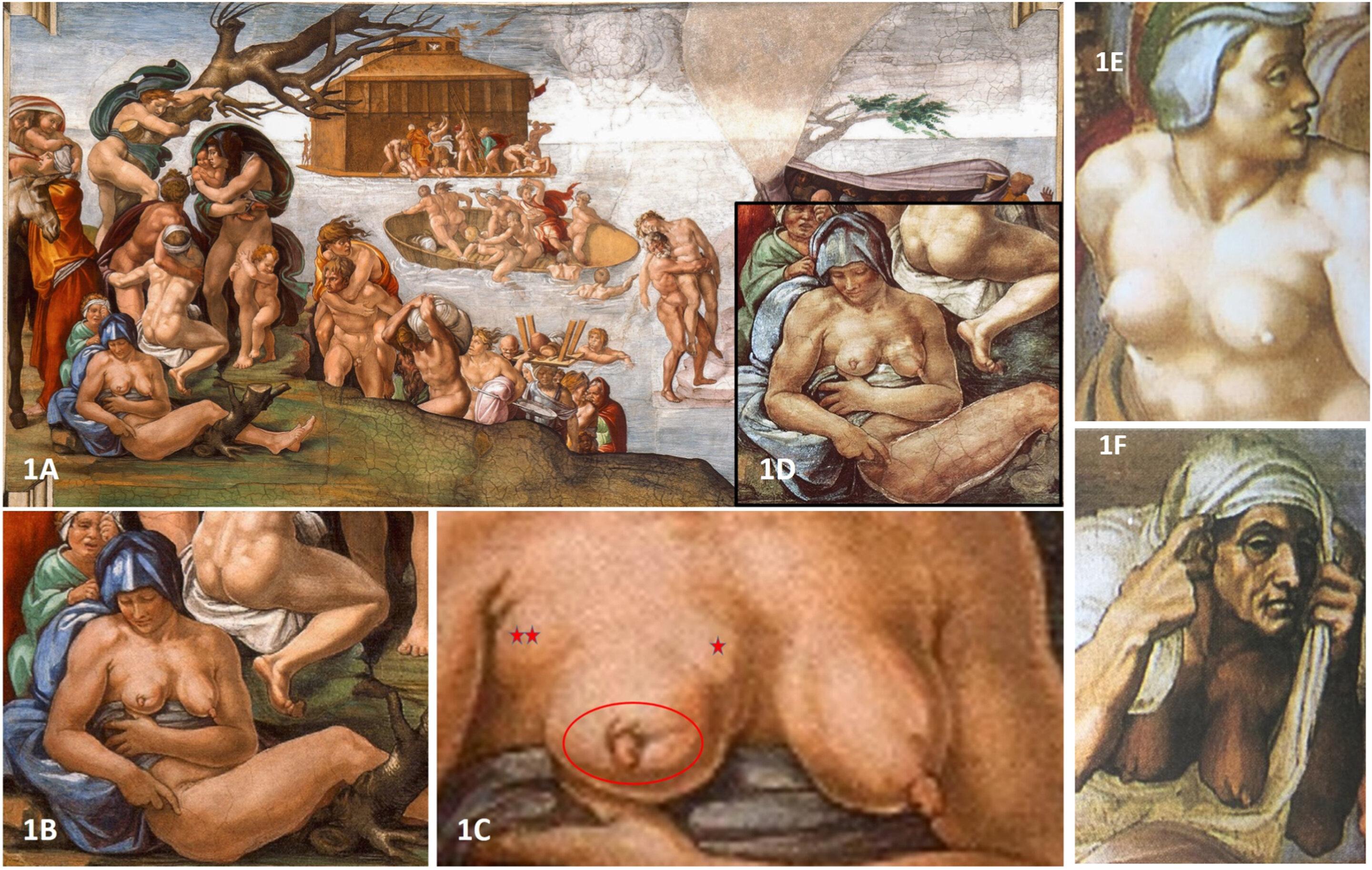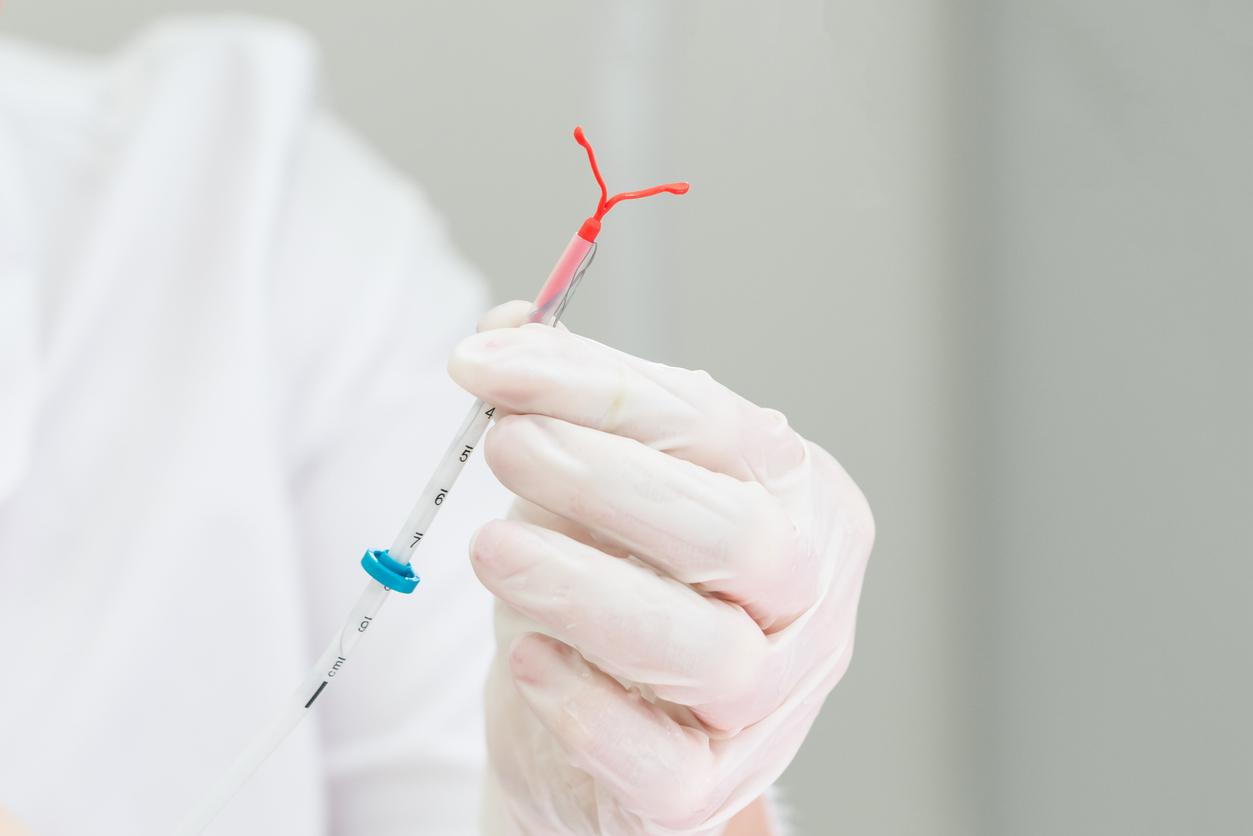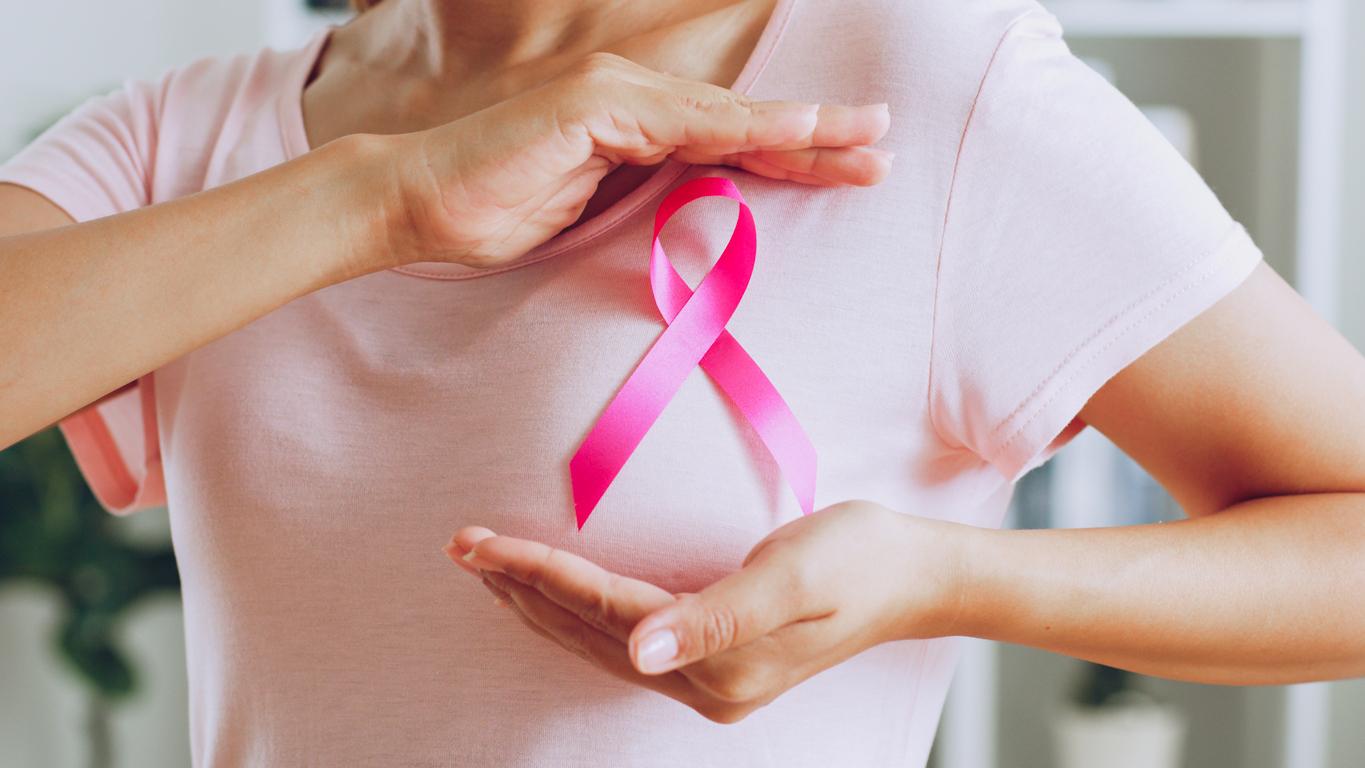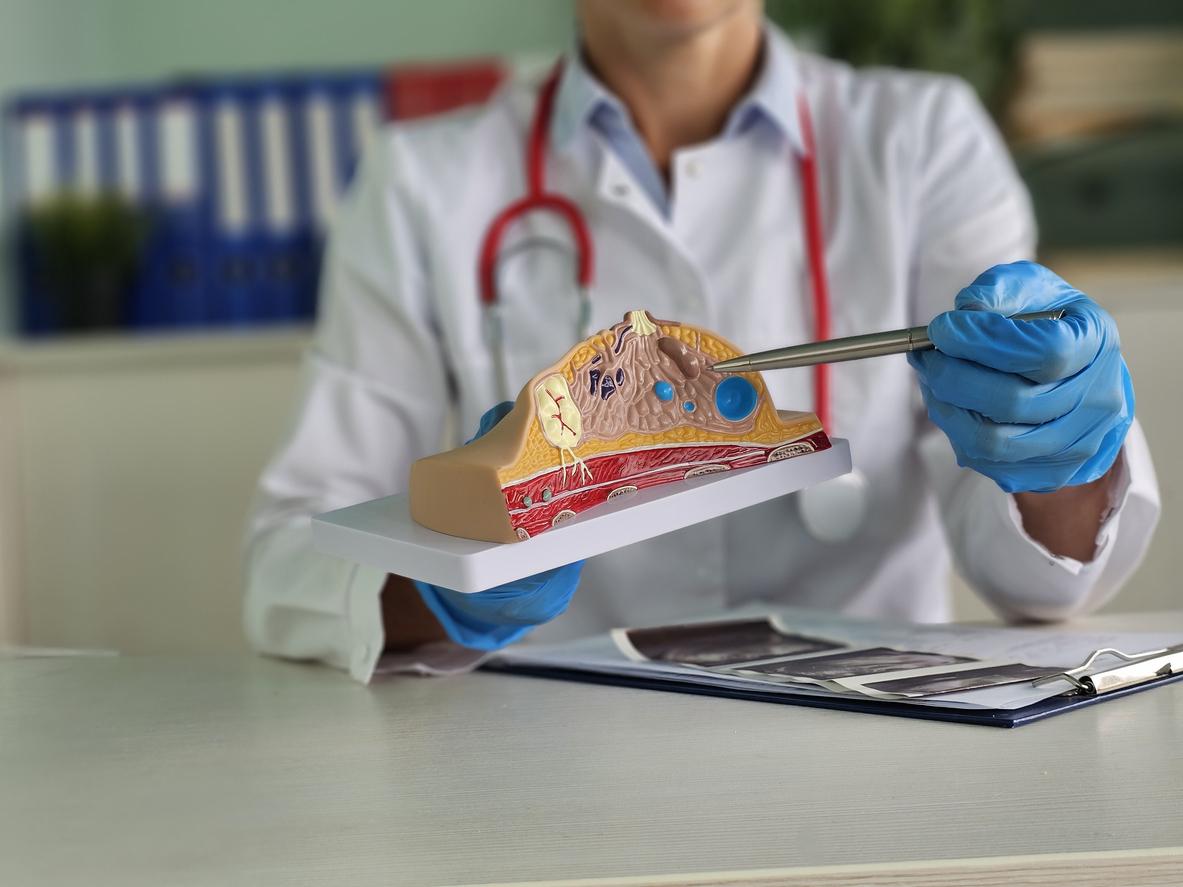A report submitted to the Prime Minister recommends a waiting day in the event of sick leave, feminine protections still contain toxic substances and a new “intelligent” treatment for metastatic triple negative breast cancer has been found. Here is the main news.

Sick leave: a report recommends the generalization of the waiting day
Will private sector employees soon be affected by the unpaid waiting day in the event of sick leave? It is in any case the flagship proposal, but also the most sensitive, of the report submitted on Wednesday February 20 to Prime Minister Édouard Philippe. Commissioned last September from Jean-Luc Bérard, director of human resources for the industrial group Safran, from Stéphane Oustric, professor of medicine at the University of Toulouse and from Stéphane Seiller, magistrate at the Court of Auditors, this report contains some twenty proposals on the reform of the system of daily allowances. Its objective: to simplify it and make it fairer, but also to offset the cost of sick leave on the health insurance budget: approximately 7.5 billion euros per year. We’ll explaine everything here.
Tampons and sanitary napkins always contain toxic substances
In a survey unveiled this Thursday, 60 million consumers reveal that these substances are still present in sanitary protection, even in those labeled “organic”. Three years after its first investigation into the composition of pads and tampons, the association conducted new analyses. The results are hardly encouraging, since they reveal “the recurring presence of glyphosate or one of its derivatives in major brand products”, but also that of phthalates “which we had not detected before”. Among these undesirable substances, there is in particular DEPH, a phthalate “of concern” suspected of impairing fertility. More information in our article.
Incurable breast cancer: a new “smart medicine” gives hope
A new ‘smart drug’ has shown promise for women with metastatic triple-negative breast cancer, according to data from a new clinical trial published in the New England Log of Medicine. “I think this drug has the potential to change practice, because the data looks really compelling, even though the number of patients in the trial is relatively small,” says Kevin Kalinsky, oncologist and trial director. “With this new treatment, we have seen significant shrinkage of tumors in patients with metastatic triple-negative breast cancer,” he adds. To learn more, click here.










